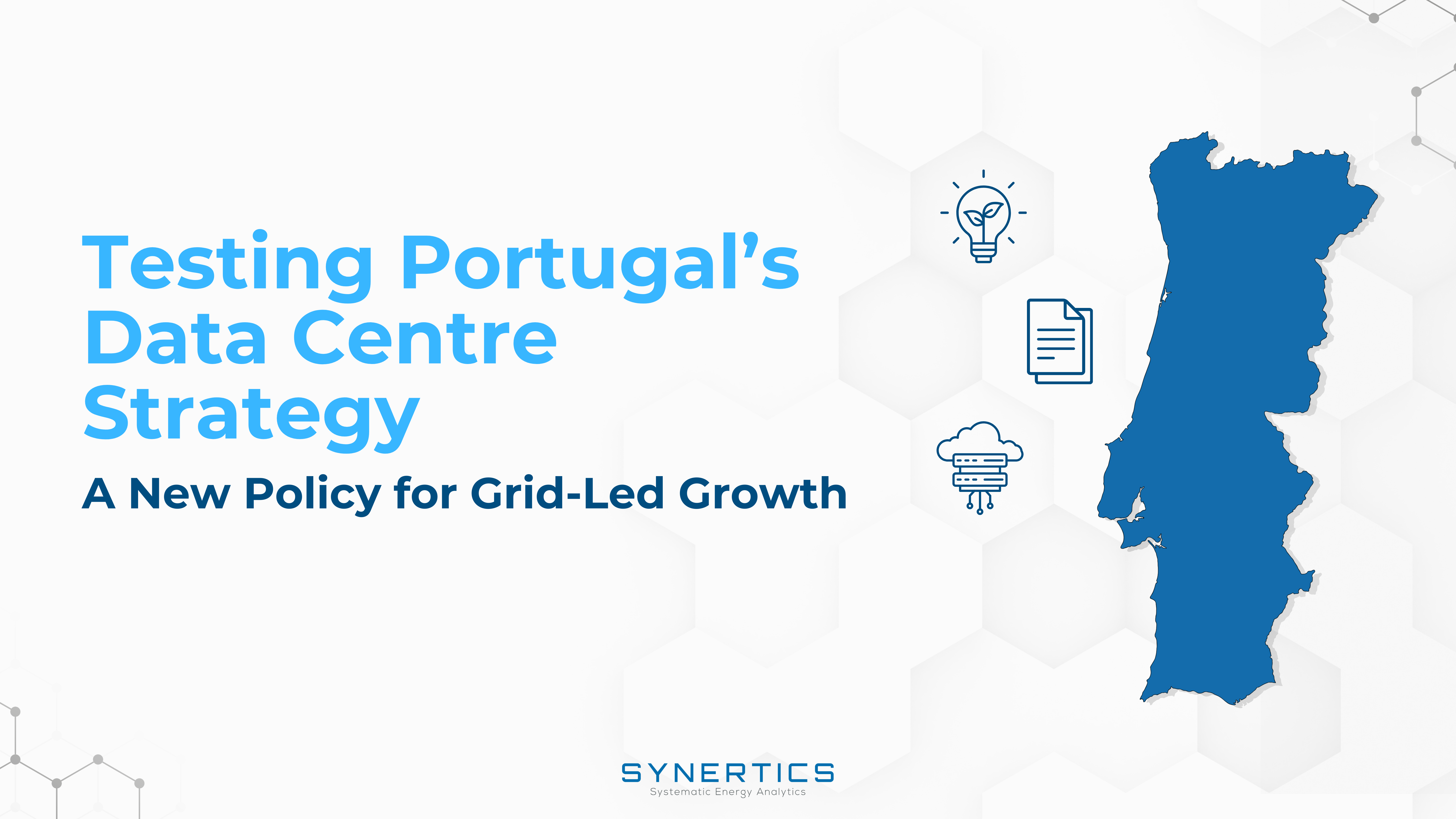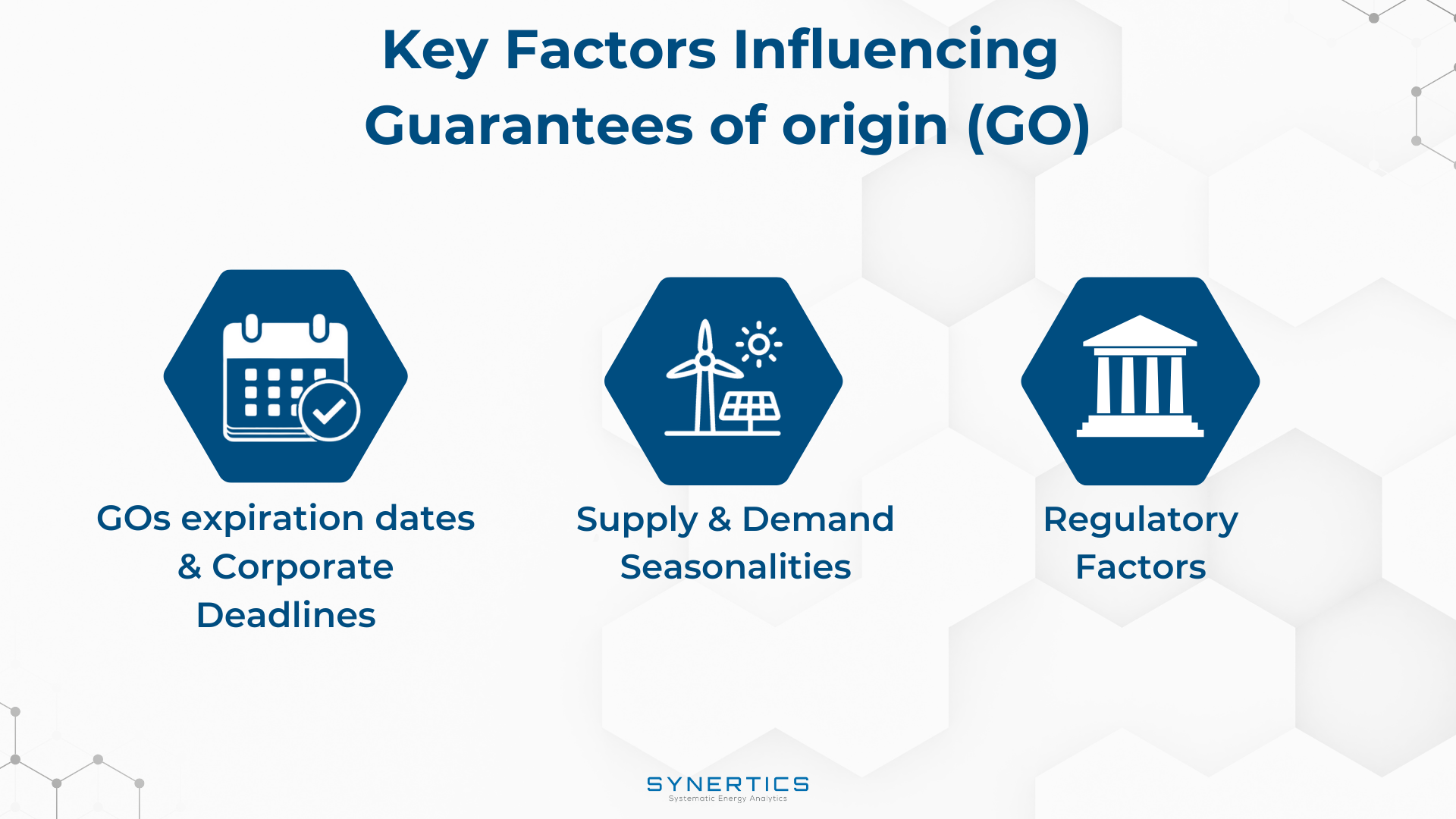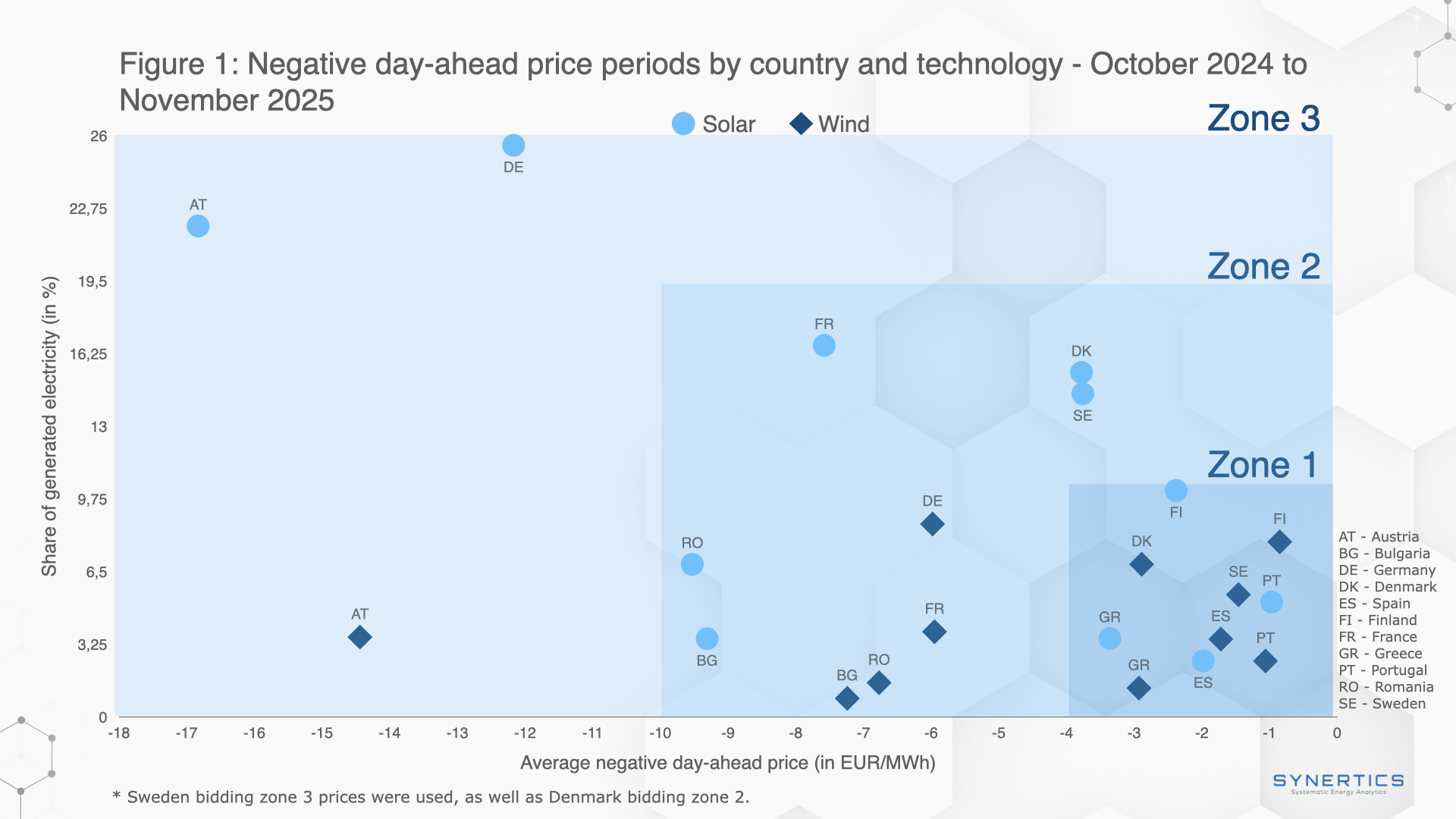Join us on our journey towards renewable energy excellence, where knowledge meets innovation.
Here are the headlines shaping Europe’s energy landscape this month.

Natural gas-fired electricity generation in the Netherlands has dropped to record lows in the first half of 2025, supplying just a third of the country’s power, a sharp fall from historical levels where gas met over half of electricity demand. The decline in gas use comes alongside a clean energy boom. Between 2022 and 2024, Dutch electricity generation from renewables surged by 27%, outpacing the EU average of 16%. This growth was driven by a 57% increase in wind and a 34% rise in solar power. As a result, clean energy became the dominant source of Dutch electricity from 2023 onward, accounting for 57% of power generation in 2025. This shift away from fossil fuels puts Dutch power prices in a competitive position, averaging €90/MWh in early 2025, compared to countries like Italy and most of Eastern Europe. This strengthens the case for decarbonisation as a strategic move to ensure more affordable and geopolitically resilient energy systems.
European Power Prices Hold Steady as Spain Hits Record Solar Output
Electricity prices across most major European markets remained relatively stable during the third week of July, with only modest week-on-week price increases, ranging from 0.1% in the Netherlands and 0.2% in Portugal to 8.8% in Italy. The outlier was France, where the weekly average price rose by 22% due to a price spike concentrated at the start of the week. In contrast, Belgium and the Nordic region saw price declines of 1.3% and 2.5%, respectively. Despite fluctuations, most markets maintained average weekly prices above €75/MWh, except for France (€60.89/MWh) and the Nordics (€33.12/MWh). Italy had the highest price at €117.87/MWh, followed by Britain (€95.53/MWh). Negative hourly prices were recorded in several markets, including Germany, the Netherlands, Belgium, Spain, and Portugal. The lowest hourly price was -€1.01/MWh in the Iberian market on July 20. Solar output rose in Germany, Portugal, and Spain, with Spain setting a record 237 GWh on July 16 and Portugal breaking its July solar record with 30 GWh two days earlier.
EU’s $250 Billion U.S. Energy Pledge Called Unrealistic
The new U.S.-EU trade deal includes a pledge for the EU to import $250 billion of U.S. energy annually, including oil, LNG, and nuclear tech, for three years. Analysts call the target unrealistic, as it would require more than tripling current imports ($76 billion in 2024) and redirecting most U.S. exports to Europe. Meeting this goal would demand major infrastructure investments beyond current plans and cause global competition for U.S. supplies. There’s also no binding mechanism to enforce the pledge, as European energy purchases are made largely by private companies, not by the EU itself. Experts warn the surge in demand could raise U.S. energy prices, leading producers to prioritise exports and pushing up costs on both sides of the Atlantic. With EU oil demand peaking, gas use declining and the energy transition advancing, analysts further question the need for such high import volumes.
Portugal Unveils National Electricity System Security Package
On July 28, 2025, the Portuguese Ministry of Environment and Energy unveiled a package of measures aimed at strengthening the resilience, reliability, and flexibility of the National Electricity System (SEN). The initiative follows the April 28 blackout, which, though triggered outside Portuguese territory, disrupted large parts of the Iberian grid. In its response, the government is prioritising faster renewable integration, critical infrastructure upgrades, and the expansion of grid services, with battery energy storage systems (BESS) emerging as a central pillar.
A key highlight is the creation of a new system services market specifically designed for battery storage. A tender is expected by January 2026 for at least 750 MVA of BESS capacity, marking a significant step toward improving grid flexibility and supporting the integration of more intermittent renewable energy sources. Alongside this, the government will develop a National Energy Storage Strategy.
To further support grid stability, €137 million in funding has been approved to strengthen operational security. In addition, Portugal will introduce targeted exemptions from Environmental Impact Assessments (EIAs) to speed up the deployment of battery energy storage systems (BESS). For co-located storage, where batteries are added to existing renewable energy projects, no new EIA will be required if the original project already has an approved Environmental Impact Declaration or Decision and complies with its conditions. A five-meter buffer zone must be maintained between the battery installation and the existing project boundary. For standalone storage projects, capacity is limited to 50 MW for four hours of operation (or 25 MW in environmentally sensitive areas), with the same five-meter buffer requirement.
The government is also overhauling its network planning approach. This includes reforming connection zones and planning models, introducing periodic capacity auctions, and accelerating the rollout of renewables by fast-tracking projects that already have injection capacity.
It will also conduct a Strategic Environmental Assessment of designated acceleration zones and simplify licensing processes for self-consumption and energy communities.
On the international front, Portugal aims to strengthen its cooperation with Spain and the broader European Union. This includes reinforcing electrical interconnections with the rest of Europe, enhancing coordination with Spain in the operation of the Iberian Electricity Market (MIBEl). The government will also collaborate with the European Commission to improve access to funding through instruments like the REPowerEU, and will actively contribute to shaping the European Grids Package to support renewable integration and grid flexibility.

Market-trends
6th Feb, 2026

Insights, Market-trends
15th Dec, 2025

Market-trends, Projects
27th Nov, 2025